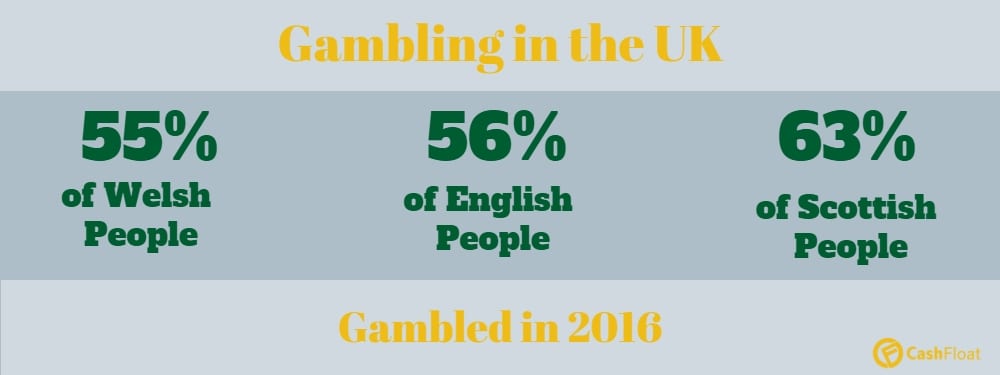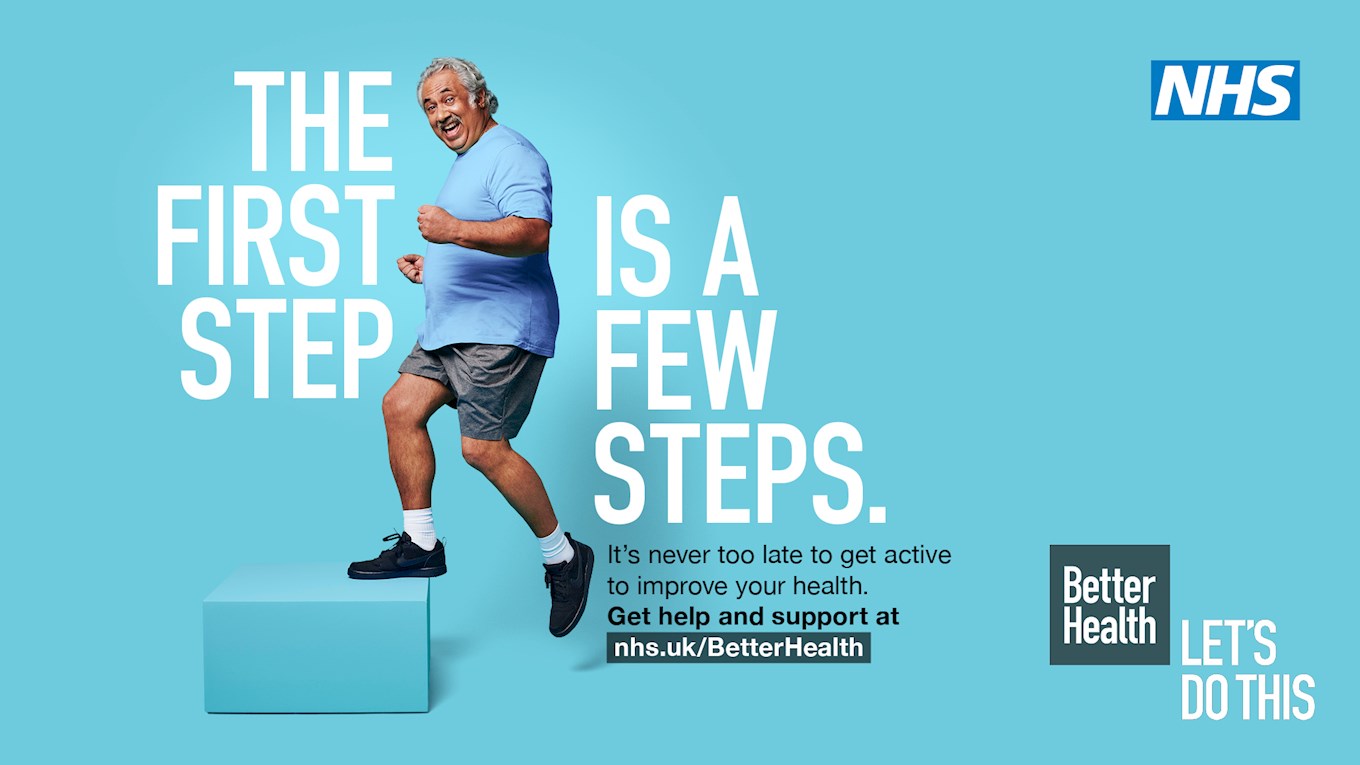Gambling Debt Advice Uk
From buying a Lotto ticket to a work sweepstake on the Grand National, it’s not uncommon for many people to indulge in the odd bit of gambling. But a problem gambling habit can be bad for your finances.
For most of us, gambling is a harmless activity. But, for some people, gambling is a way of life, an addiction that can wreck their lives. You may be a compulsive gambler if: you spend more money on gambling then you can afford. If you continue to gamble, you could get into serious debt. You could also lose your home and your possessions. Post an SOA if you want to (it's all anonymous anyway); it will help the forum advise you, but unless you've other debts you're not going homeless or trashing your credit-worthiness between now and payday. Count yourself lucky that credit card deposit ban came in when it did or there'd be millions in the UK with much higher 'lockdown gambling.
Pages in Debt advice Show pages in this section 5 / 5. Debt advice; Get a basic bank account; Loan sharks; Managing money; You are here:Help and Advice about Gambling; 5. Help and Advice about Gambling. Gambling debt can very easily pile up. Like any debt, the deeper you sink the harder it can be to get back out again, leading to unpaid bills, maxing out credit cards, turning to payday loans despite the high interest rates which only exacerbate the situation. In no time at all, it can become very hard to manage.
As today’s £7.8million fine for an online gambling firm showed, vulnerable gamblers can quickly rack up debts – one customer bet more than £1.3million over 13 months.
Even far more moderate gamblers will bet more than they can afford, getting into a worse situation as they try to chase losses. And sometimes being in problem debt can prompt people to turn to gambling in the hope of ‘winning’ their way out of the situation – but it just makes matters worse.
But often they come hand in hand – meaning you need to get help with both at the same time to really solve the problems. It might mean turning to two separate sources of help.
If you just focus on your debts and ignore the gambling addiction, then you might find yourself back in a similar position before long. But if you don’t deal with the debts at the same time it might be hard to resist the temptation to not gamble if the debts are spiralling out of control.
Gambling Debt Advice Uk Government
Get help with your debts
The best thing you can do to fix debt worries is to talk to someone experienced in helping people in your situation. Don’t pay for this. There are many free and independent debt advisors who will treat everything you say in confidence, then help you find the ways to deal with your debts.
It’s easy to find someone to help. This could be near where you live, or you could talk to someone over the phone or on webchat. The Money Advice Service Debt Advice Locator does exactly what it sounds like. You can enter your post code and choose between the options.
Get help with your gambling problems
Gambling doesn’t just affect your finances, it can impact on your mental health and your relationships with friends, family and your workplace. But breaking the habit is unlikely to be easy.
Gambing awareness charity GamCare suggests a few ways to help you stop your gambling habits:
- Avoid situations and people that might make you gamble
- Take up alternative activities that could keep you busy and plan your time
- Ask betting shops, casinos and arcades to bar you
- Block gambling websites on your computer and phone
GamCare also has a helpline you can call to talk through the options, which can include counselling. Call Freephone 0808 8020 133 from 8am till midnight, seven days a week.
People gamble for a whole range of reasons. While gambling moderately is not a problem, gambling can become an addiction and can be harmful to our mental health.
Why do we gamble?
People gamble for a variety of reasons, including:
- the buzz, the excitement, and the high adrenaline release
- the competitive element - trying to beat other players, the bookie, or the dealer
- the thrill of risk taking, of placing large bets
- to solve financial problems
- a way of escaping from stress or worries.
Sensible gambling
Some people say that there is no such thing as safe gambling. Others argue that gambling is like drinking alcohol - it's safe to do as long as you follow some sensible rules.
- Keep away from high-risk forms of gambling where you can lose large sums of money very quickly.
- Limit the amount of time you gamble. This will give you time to do other, more important things with your life.
- Limit the amount you spend to the amount you can afford to lose. When you have spent this much, walk away.
- Quit while you are ahead. If you continue, you are likely to lose because the odds are always stacked against you. That's how bookies and the casinos make their money.

When gambling becomes a problem
For most of us, gambling is a harmless activity. But, for some people, gambling is a way of life, an addiction that can wreck their lives.
You may be a compulsive gambler if:

Gambling Debt Advice Uk Free
- you spend more money on gambling then you can afford. If you continue to gamble, you could get into serious debt. You could also lose your home and your possessions
- you spend so much time gambling that you neglect other important areas of your life, like your family or your work. You could lose your job or end up divorced or separated from your partner and children
- your feelings and behaviour change. For example, you may become depressed when you lose or over-excited when you win. In serious cases, you may feel that you are only really alive when you gamble
- it leads you to inappropriate or even criminal behaviour. For example, you may lie to family and friends about your gambling activities or you may steal to fund your gambling habit.
Questions to ask yourself
If you think you may have a gambling problem but are not sure, ask yourself:
- Is gambling making me unhappy at work or at home?
- Is gambling making it hard to sleep at night or concentrate during the day?
- Am I lying to other people and myself about how much I gamble?
- Am I gambling to get away from problems or worries?
- Am I gambling to get money - so that I can pay off debts or solve financial problems?
- Am I borrowing money or selling possessions so that I can gamble?
- If I have just won or just lost, do I feel I need to gamble just a little bit more?
If you answered yes to any of these questions, then you may have a gambling problem.
What causes compulsive gambling?
All compulsive behaviours have social, psychological and biological origins. Gambling brings us into contact with others, even if we are using internet gaming rooms. This can provide a sense of community, however damaging the associated behaviours. Social meaning and acceptance by others are important to us all and for the compulsive gambler these can be found in virtual gaming rooms, real casinos, bookmakers and so on.
Gambling also changes how we feel psychologically as well as socially. It allows us to escape our normal lives and the everyday struggles we experience. During a period of gambling our mind is occupied by the odds, the bet, the race, the actions of other gamers, the run of the cards and so on. It can be all-consuming and therefore provides an engaging, exciting escape from ordinary life.
At the biological level, compulsive behaviours can have a direct effect on the brains dopamine reward system. This system regulates our responses to natural rewards like food, sex and social interaction. Repeated compulsive behaviours can act on this system with a power and persistence that changes its cells chemically and structurally. This in turn can have an overwhelming effect on our well-being. People may no longer respond normally to rewards such as food, sex and social interaction, and instead depend on gambling for their sense of reward.
Compulsive gambling can therefore develop through the social meaning and psychological relief that it offers. This is further compounded by the chemical changes in our brain that accompany these experiences. It is in fact artificial to separate these factors since they all occur simultaneously for the compulsive gambler. Social meaning, psychological relief and a fired dopamine reward system can be a difficult combination of experiences for the most hardy of individuals to resist.
Gambling Debt Advice Uk Online
Helping yourself
If you feel that you have lost control of your gambling, there are some things you can do to help yourself.
- Admitting you have a problem is the first and most important step.
- Find someone you can trust to talk to about your problem. It could be a friend, a relative or a specialist advisor.
- Avoid locations and situations where you may be tempted to gamble.
- Take control of how you spend your money, so that you don't waste it on gambling.
- If you can't do this by yourself, you may need to ask someone else to help you do this.
- Take one day at a time. Don't expect everything to improve straight away.
Living with someone who gambles

Living with someone who gambles can be just as difficult as living with someone with any other kind of addiction. It can be very stressful and it can lead to the breakdown of your relationship.
If you are not sure whether you are living with someone who has a gambling problem, ask yourself:
- Do they promise time and time again to stop gambling but carry on anyway?
- Do they disappear for long periods of time without telling you where they were?
- Do they spend large sums of money without being able to account for it?
- Do you hide money to stop them spending it?
- Do they lie to cover up or deny their gambling?
If you answered yes to most of these questions, then they may have a gambling problem.